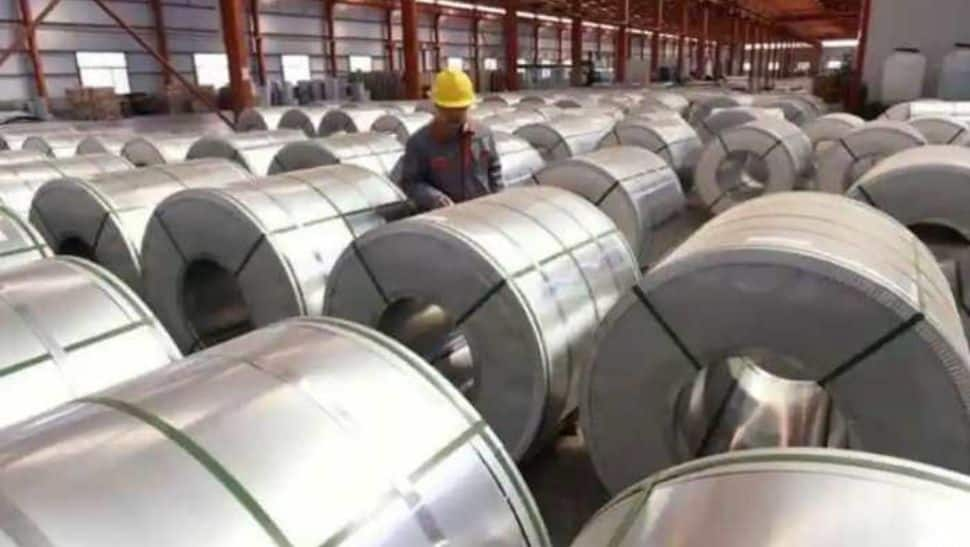New Delhi: Industry body PHDCCI on Tuesday suggested a two-year tax holiday for businesses like hotels and cinema theatres, which were hit hard by the coronavirus pandemic. A delegation of the industry chamber met Sanjay Malhotra, Officer on Special Duty, Department of Revenue, and suggested a host of measures related to direct and indirect taxes for the growth and development of the economy.
The Union Budget 2023-24 is being presented at a crucial juncture of geo-political uncertainties, high inflation, and slowing world economic growth, Saket Dalmia, President of PHD Chamber of Commerce and Industry (PHDCCI), said in a statement. (Also Read: Union Budget 2023: Cut personal income tax rates, CII suggests in pre-budget meeting with FM Sitharaman)
At this juncture, he said, calibrated steps to enhance domestic sources of growth would be crucial to maintain the steady economic growth trajectory. During the interaction, the chamber said several businesses are close to closure because of acute adverse effects of the Covid pandemic. (Also Read: Infra sector demands rationalisation of GST, easier bank credit, hike in public expenditure)
"Closure will be a loss to economy, employment, direct and indirect tax and is for force majeure reasons, two-year tax holiday will enable them to recover and stay in going concerned," it said. The chamber said a tax holiday needs to be provided for two years (fiscal 2022-23 and 2023-24) for certain specified industries that have majorly suffered losses and distress due to Covid like hotels, travel, and cinema exhibition.
In the indirect taxes, the chamber suggested that GST, as envisaged as a 'Good and Simple Tax, needs continuous improvisation and broad policy changes from time to time to provide the overall objective of ease of business to the trade and industry.
It has made a case for rationalising the GST rates into three major slabs of 5 percent, 10 percent, and 15 percent along with a few sin goods in the slab of 28 percent. The items in the category of 12 percent rate should be reduced to 10 percent and items in the category of 18 percent rate should be reduced to 15 percent, and the items in the 0 and 5 percent category should be kept as it is, the chamber said.
The rationalisation of the tax slabs would create a tremendous demand in the economy, subside the inflationary pressures and enhance the sentiments of producers for production and create employment opportunities for the growing workforce in the country, it said.
Further, PHDCCI said that to strengthen economic growth, infrastructure is one of the crucial sectors that propel overall growth and development. The increased spending on infrastructure will give a multiplier effect to rejuvenate the aggregate demand in the economy.
The chamber suggested that the infrastructure investment in the economy must not be less than 10 percent of the GDP to achieve a state-of-art infrastructure and to become a developed economy by 2047, Dalmia said.
















